How to Make Compliance Become an Integral Part of Your Company Culture
Your ability to be successful as a compliance officer will require more than applying relevant rules and regulations. Without the cooperation and understanding of those within the organization you serve, those rules, regulations, and processes will merely become obstacles to productivity and good relations. Which is why it is absolutely critical that compliance be a part of your company culture.
Ideally, you will have joined a company that understands and respects the role of compliance already. However, the relationship with compliance and business is often complicated, and regardless of the environment you have entered, there is likely an opportunity to improve upon it and make it even more productive and impactful.
Whether you are building on an existing culture of responsibility or serving as a change agent to prevent scandal or challenges, you need to do two things: (1) understand and leverage behavioral economics, and (2) understand the drivers of your organization. These are crucial aspects of knowing how to persuade and influence key decision-makers and implementers to “buy-in” to a culture of compliance.
The following is a four-step process to help compliance officers undergo due diligence – whether they are considering a new job or are already in a role – In order to assess their need for better integration of compliance within the company culture:
- Get informal intel. The organization’s current and former employees and service providers are among those who can provide information.
- Be bold about grading the company culture. Interview the organization. Do research online but also talk with mentors and peers. Get a sense of the health and reputation of an organization. Grade its culture.
- Research regulatory history. Find the results of the last independent audit or exam and how long ago it happened. Inquire about the biggest risks facing the organization. Check public websites for regulatory disclosures.
- Design your reporting line. Don’t just accept whatever reporting line is offered. Respectfully propose an employment arrangement to minimize conflicts and maximize your support within the business. Report to a board or independent body when possible. Confirm that you are covered by directors and officers (D&O) insurance. As a senior compliance officer, negotiate your exit in advance—if you can—with a contract and severance package: Get a contract or at least a detailed offer letter covering severance, attorney fees, etc., should you be terminated, laid off, or named in a regulatory investigation.
Sustainable governance will require more than your efforts as a compliance officer; sustainable governance requires the intentional adoption and practice of compliance throughout the organization by all employees. If your company isn’t there yet, be the change agent it needs to get there. Learn more tips on how to do that by visiting, https://warburtonadvisers.com/ or checking out my latest guest spot on The SupplyChainBrain Podcast.




